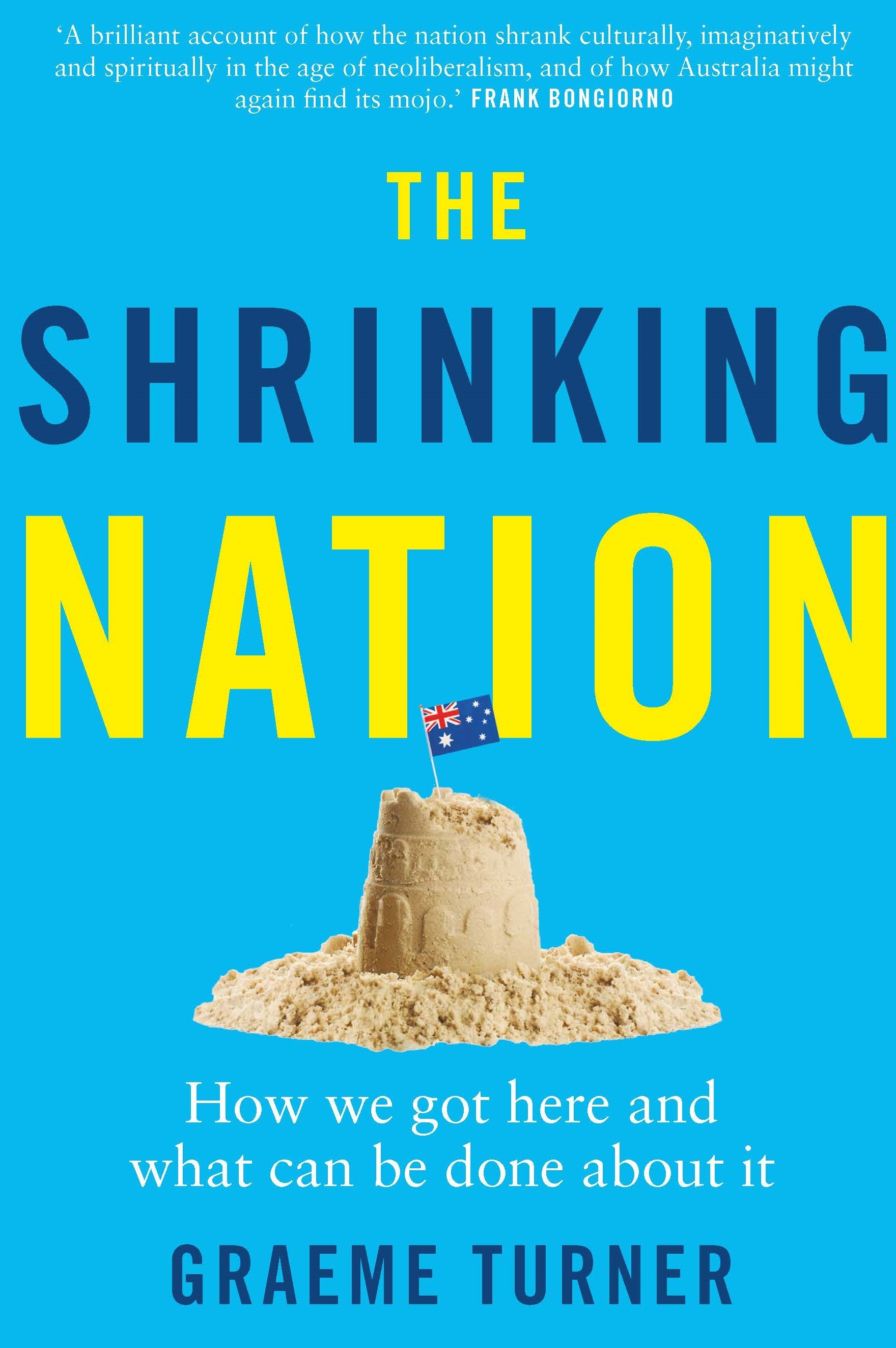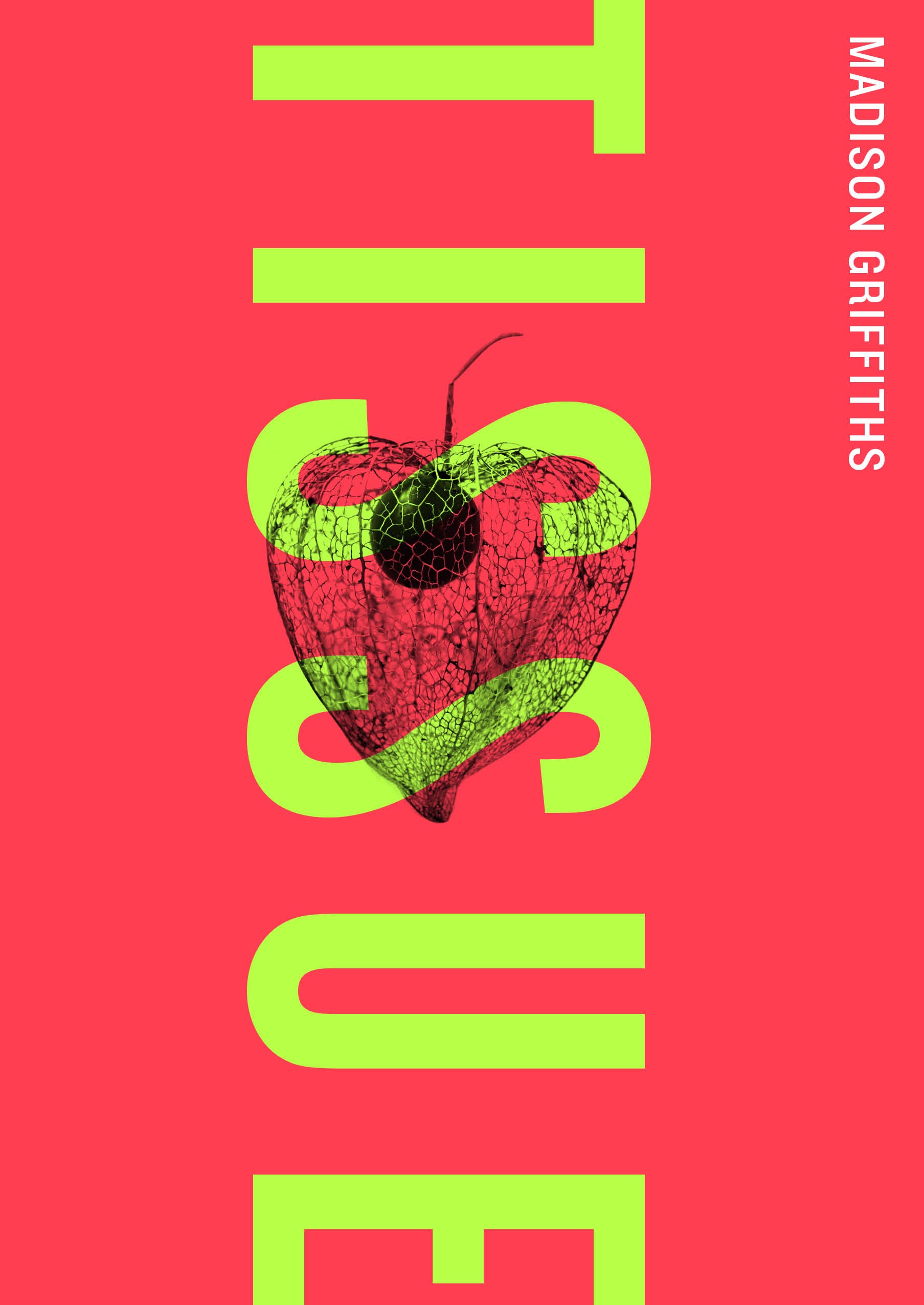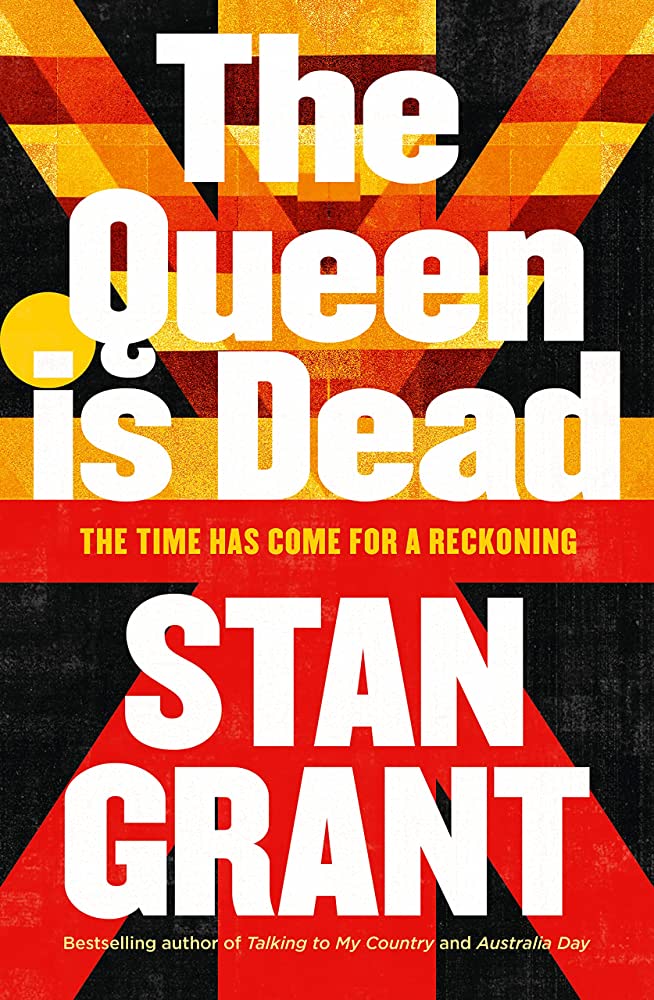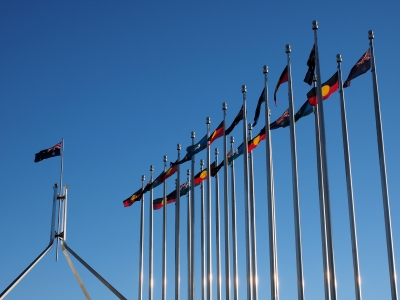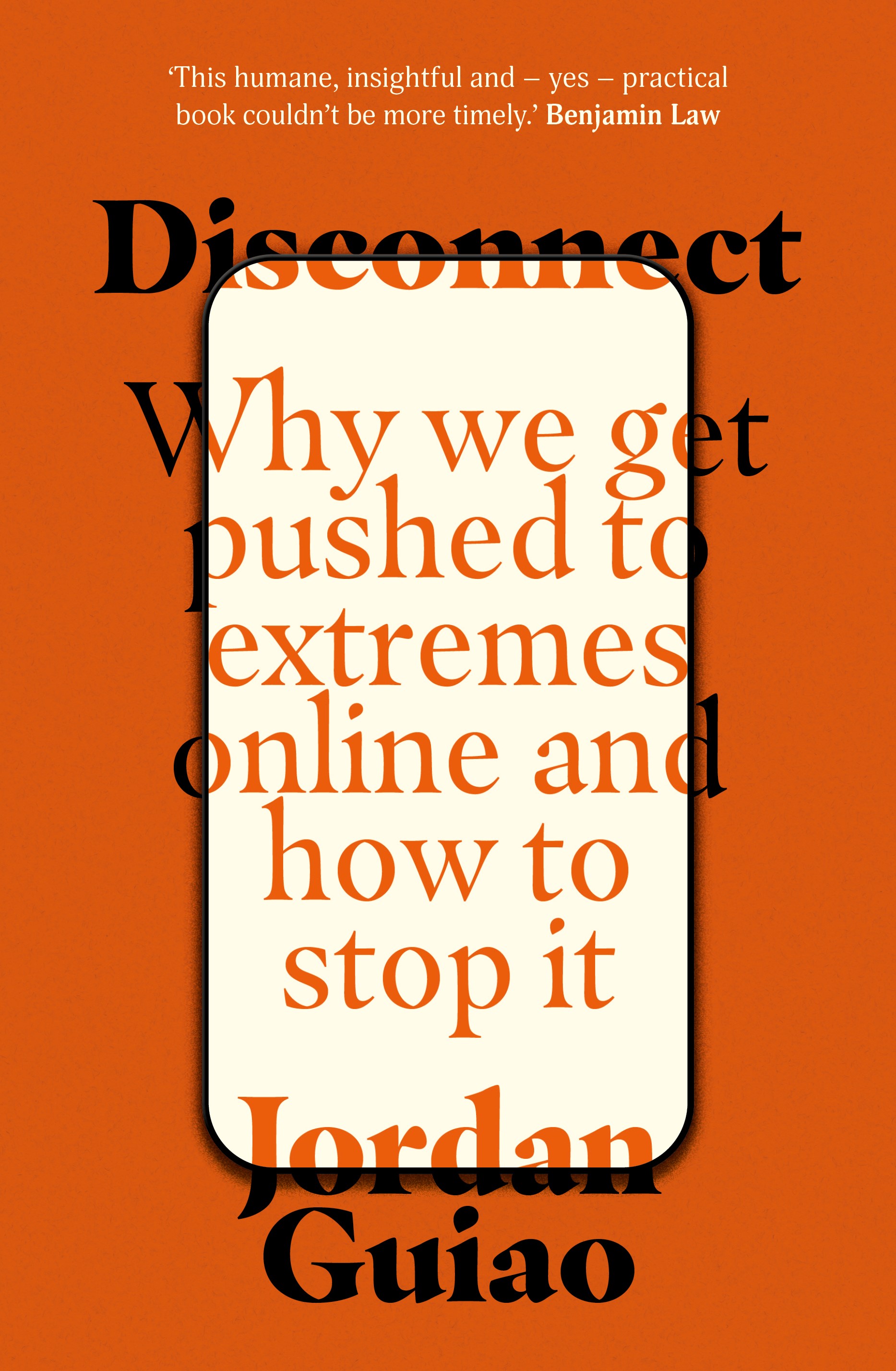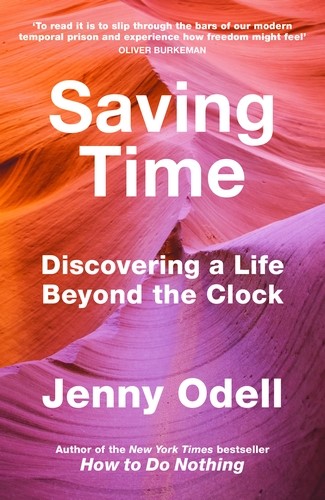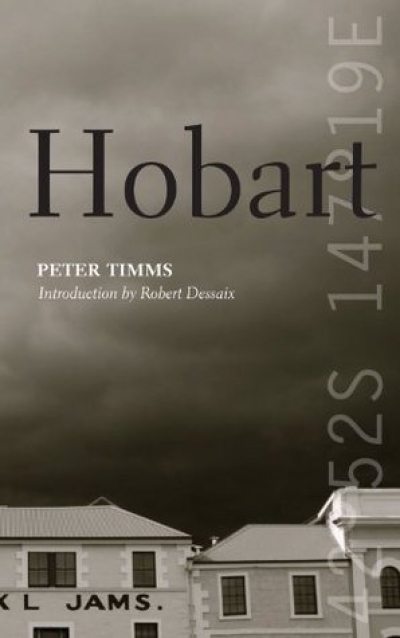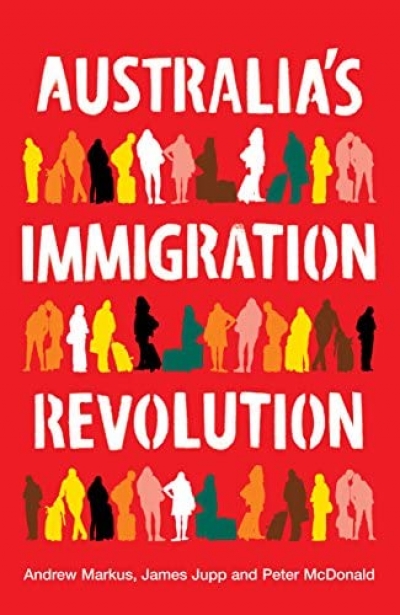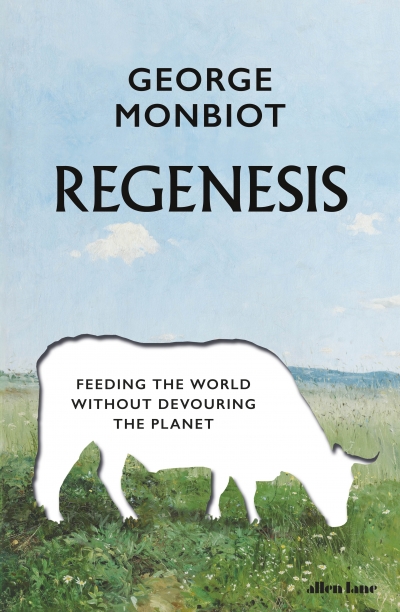Society
The Shrinking Nation: How we got here and what can be done about it by Graeme Turner
'State-of-the-nation’ books are a tricky genre: for every The Lucky Country (1964), Donald Horne’s bestselling indictment of 1960s Australia, there must be at least a dozen more which fall swiftly into obsolescence. Yet this common fate is not necessarily a bad thing: such books are meant to be timely, not timeless. As an intervention into the contemporary moment, such texts’ success or value resides in fresh and useful analysis which is currently lacking elsewhere; and the ability of the author to capture a mood that is, if not ‘national’, at least pervasive enough to be widely recognisable. At the same time, it helps if that mood has not yet been properly articulated. To raise the bar further, the best of them offer both vital historical perspective and a path forward, and are written in a persuasive and accessible style which stops short of polemic but resists hesitant equivocation.
... (read more)As an abortion provider for more than forty years, and an advocate for abortion law reform and improved abortion services for more than fifty, I approached this book with alacrity. Around one hundred thousand abortions are performed in Australia every year, yet abortion is still not easily talked or written about. I felt that a non-fiction work of nearly three hundred pages on the topic, by a person who had experienced abortion, would be a welcome addition to existing literature, something that other people, contemplating or experiencing abortion, might absorb themselves in.
... (read more)The Queen is Dead: The time has come for a reckoning by Stan Grant
As I write this review, Stan Grant’s name is everywhere as the media and the public absorb his decision to step aside from compèring ABC Television’s Q&A after citing the cumulative wear and tear on him and his family of weeks of online racist abuse. Yet such is the pace of the twenty-four-hour news cycle that by the time this review appears, another episode in the seemingly never-ending racist diatribe against Australian First Nations peoples will have moved Grant off the front pages. The ‘trolls of the Twitter sewer’, as Grant calls them, will have found another target for their hatred and aggression.
... (read more)On 27 May 1967, a proposal to change two clauses of the Australian Constitution won the approval of 90.77 per cent of those who voted, the highest ever achieved in an Australian referendum. In the forthcoming referendum, according to various opinion polls, the best the advocates for a ‘yes’ vote can hope to achieve is a bare majority. How can this difference be explained? Several factors appear to be at work. They range from the simple, which are acknowledged, to the complex, which don’t seem to be known.
... (read more)Disconnect: Why we get pushed to extremes online and how to stop it by Jordan Guiao
Reading a book about online polarisation is a bit like reading a murder mystery novel where the murderer is revealed on page one. We all know it was social media, on our devices, with the trolls, in the bedroom. What we don’t know is the human cost of our newly fragmented online world: the lives destroyed, the families torn apart, the friends permanently estranged when someone falls down an online rabbit hole.
... (read more)Saving Time is inspired by the burnout many of us feel after years of lockdowns and working from home. She writes about her own experience of these years, the anxiety and loneliness, contemplating moss. This frame dominates Saving Time’s billing. As a parent of two boys living and working in a city distant from family, it’s what drew me to the book. This theme of embracing slowness is addressed in each chapter, each of which is interwoven with minutely observed vignettes from an unhurried journey through Oakland’s hinterland.
... (read more)In the introduction to their excellent collection of essays, Class in Australia (2022), Jessica Gerrard and Steven Threadgold note the eclipsing of the word class in our public discourse. Other descriptive markers are more commonly used, words such as disadvantage (by scholars) and bogan (in popular culture). In my own work on the Australian English lexicon, I have been intrigued by the contemporary language of class. The words we choose to use when talking about class can tell us much about changing popular perceptions.
... (read more)I first came to Hobart just over three years ago, to take up a job. Unencumbered and ready for an adventure, I thought nothing of agreeing to the post without ever having visited the Tasmanian capital (or Tasmania, for that matter). The job advertisement included the promise of an ‘idyllic lifestyle’, which sounded pretty good to me.
... (read more)Australia's Immigration Revolution by Andrew Markus, James Jupp and Peter McDonald
Australia’s Immigration Revolution cites a Green Paper on Europe’s demographic future which argues that ‘never in history has there been economic growth without population growth’. While the authors find this assertion debatable, they leave us in no doubt about the challenge posed by the rapid ageing of developed nations. They question the ‘capacity of the labour force to support the aged population’ after the baby-boomer generation retires, pointing to the risk that capital will be diverted from ‘productive investment’ to ‘population maintenance’, weakening competitive advantage in an ‘increasingly competitive global marketplace’. Immigration does not resolve the ageing problem (since migrants also grow old with time), but it offers ‘the most immediate and simplest short-term measure to deal with labour and skills shortages’.
... (read more)This is British environmentalist and writer George Monbiot’s overarching theme in his important new book, Regenesis. While focusing primarily on his native Britain, Monbiot uses a wealth of research – there are almost one hundred pages of notes, and he claims to have read more than 5,000 papers and ‘a shelf of books’ – to argue that the global food production system is in a parlous state. Without comprehensive reform, Monbiot warns, we risk nothing less than the survival of our species.
... (read more)

